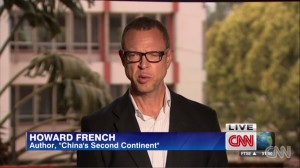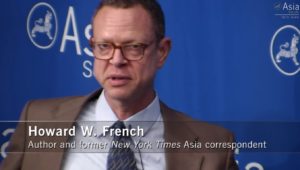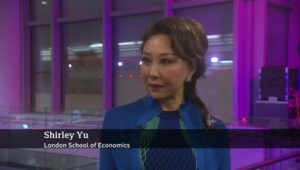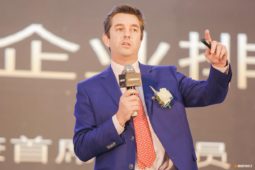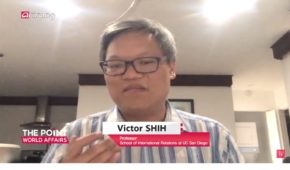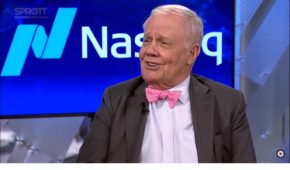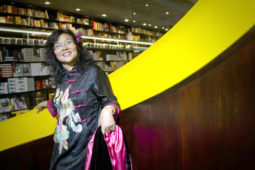 |
| Zhang Lijia |
The Citizen:
A Chinese author has emerged as one of the sensations of the Jaipur Literary Festival underway in London where writers and their admirers have been mingling in the open air.
Nanjing-born Lijia Zhang, who was employed in a Chinese rocket factory in her younger years, is the author of ‘Socialism is Great’, ‘China Remembers’ and ‘Lotus’, said “Writing in English freed me because in China there is censorship and writing in English meant I did not have to go through censorship.” Zhang was appearing on a panel headlined ‘Words Are All We Have’, alongside Indian writer Anjali Joseph and Sri Lankan novelist Rohan Gunesekera. In her presentation Zhang revealed how she discovered that her grandmother had first been a prostitute and later evolving into her grandfather’s concubine in 1948.
“I was no rocket scientist, I was just a factory worker”, Zhang said about her own life.. “But I was very fascinated by prostitutes. However the only prostitution I have done was intellectual prostitution.”More at the Citizen.
Zhang Lijia is a speaker at the China Speakers Bureau. Do you need her at your meeting or conference? Do get in touch or fill in our speakers' request form.
Are you looking for more experts on cultural change at the China Speakers Bureau? Do check out this list.

